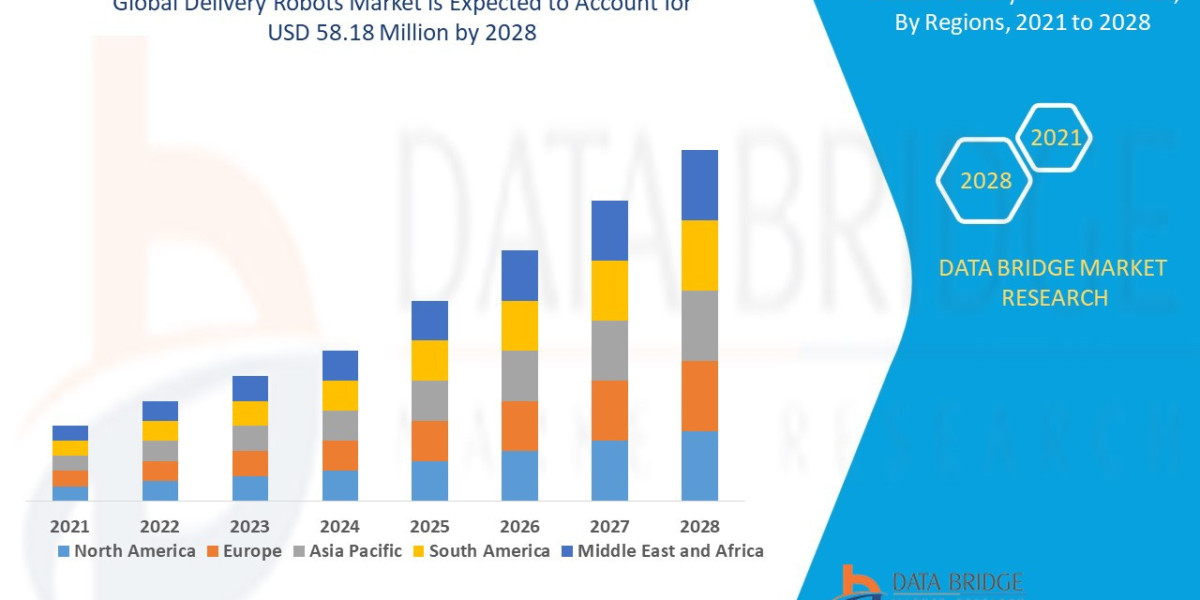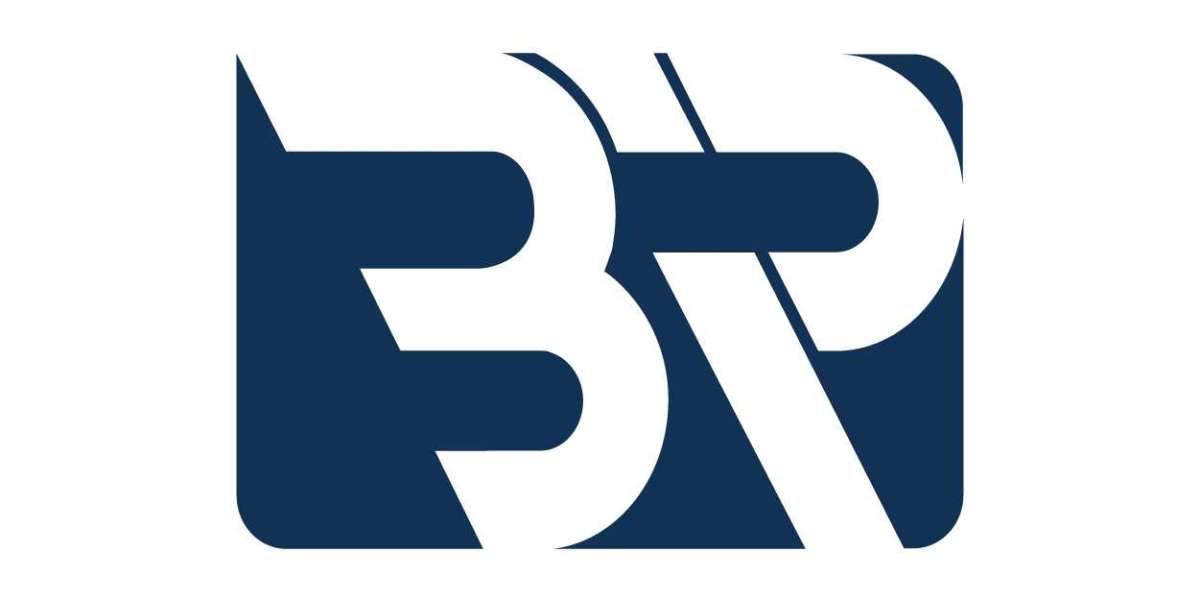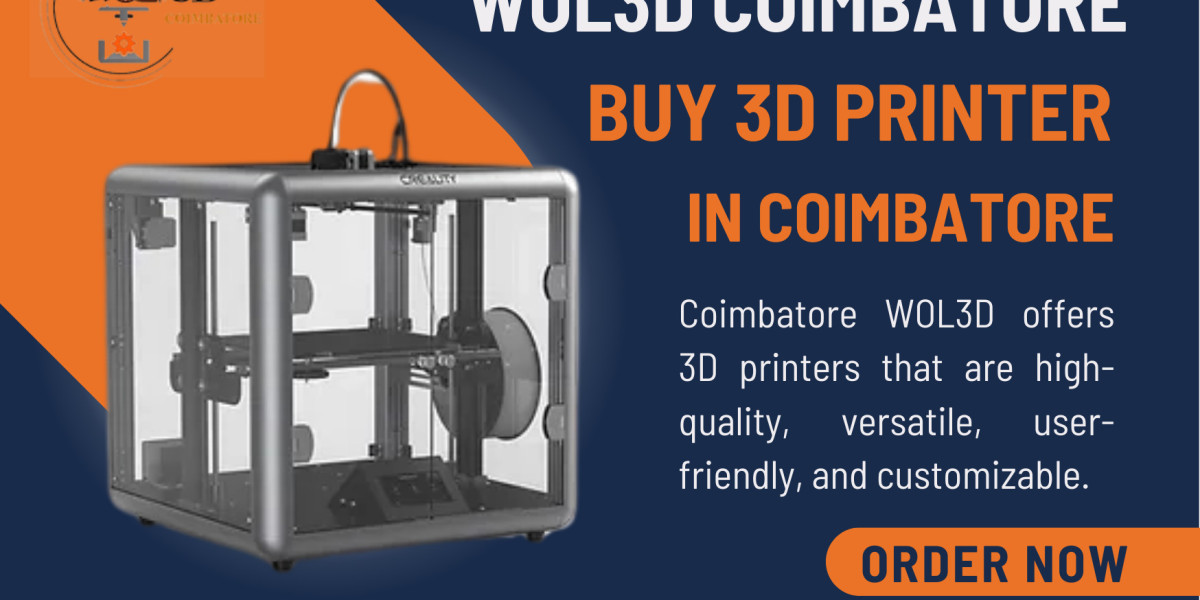In today's fast-paced and competitive business landscape, apparel companies are constantly seeking ways to streamline their operations, improve efficiency, and enhance profitability. One solution that has proven to be highly effective is the implementation of Apparel ERP software.
This comprehensive software solution is specifically designed to meet the unique needs and challenges of the apparel industry, providing companies with a range of benefits that contribute to their success.
In this article, we will explore how Apparel ERP software can boost efficiency and profitability for apparel businesses.
1. Centralized Data Management
One of the key advantages of Apparel ERP software is its ability to centralize data management. By integrating various business processes into a single, unified system, companies can eliminate the need for multiple software applications and manual data entry.
With a centralized database, all relevant information related to sales, inventory, production, and finances is readily accessible to authorized personnel, enabling them to make informed decisions in real time. This streamlines operations reduces data duplication and minimizes the chances of errors or miscommunication.
2. Improved Inventory Management
Efficient inventory management is crucial for apparel companies, as it directly impacts customer satisfaction, production planning, and cost control. Apparel ERP software offers robust inventory management capabilities, allowing businesses to accurately track and monitor their inventory levels, stock movements, and supply chain activities.
Real-time visibility into stock availability enables companies to optimize their procurement, minimize stockouts or overstocking, and ensure timely delivery to customers. This not only improves customer satisfaction but also reduces carrying costs and improves cash flow.
3. Streamlined Production Processes
In the apparel industry, efficient production processes are essential to meet customer demands and deliver products on time. Apparel ERP software facilitates streamlined production planning and control by automating key processes such as material requirement planning, capacity management, and production scheduling.
By optimizing these processes, companies can minimize lead times, reduce production bottlenecks, and improve resource utilization. Additionally, real-time monitoring and reporting enable businesses to identify and address issues promptly, ensuring smooth operations and timely delivery.
The Impact of Technology on the Apparel and Textile Industry
4. Enhanced Sales and Customer Relationship Management
Successful apparel companies understand the importance of building strong relationships with their customers. Apparel ERP software integrates sales and customer relationship management functionalities, enabling companies to efficiently manage their sales pipeline, track customer interactions, and analyze buying patterns.
By leveraging this information, businesses can personalize their marketing efforts, offer tailored promotions, and provide exceptional customer service. These capabilities not only boost sales but also foster long-term customer loyalty and retention.
5. Accurate Financial Management
Apparel ERP software encompasses robust financial management modules that help companies maintain accurate financial records, streamline accounting processes, and ensure compliance with regulatory requirements.
From general ledger and accounts payable/receivable to budgeting and financial reporting, the software provides comprehensive tools for financial control and analysis. With real-time financial visibility, businesses can make informed decisions regarding pricing, cost control, and investment strategies, ultimately driving profitability.
6. Data Analytics and Business Intelligence
Apparel ERP software incorporates advanced data analytics and business intelligence capabilities, enabling companies to derive meaningful insights from their operational data. With built-in reporting and analytics tools, businesses can generate custom reports, track key performance indicators, and identify trends or patterns.
This empowers decision-makers to proactively address issues, seize growth opportunities, and optimize business strategies based on data-driven insights. By leveraging these analytical capabilities, apparel companies can gain a competitive edge in the market.
Conclusion
In conclusion, Apparel ERP software plays a vital role in boosting efficiency and profitability for apparel businesses. By centralizing data management, improving inventory control, streamlining production processes, enhancing sales and customer relationship management, enabling accurate financial management, and providing data analytics and business intelligence capabilities, the software equips companies with the necessary tools to optimize their operations and drive growth.
Implementing Apparel ERP software is a strategic investment that enables apparel businesses to stay competitive in today's dynamic marketplace and achieve sustainable success.








